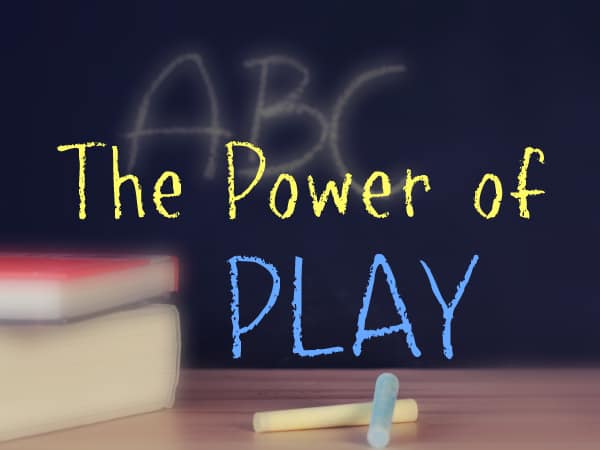In today’s bustling society it’s common to see children faced with great expectations and pressure to perform academically. There are incentives for getting good grades, punishments for not putting in enough effort, and praises for students that are ahead of their class. Unfortunately, many students are not receiving adequate emotional and social learning experiences, as strict academic progress is overshadowing the imperative role of child socialisation. Most schools have recess time that allow kids to play and converse openly, but we don’t see much emphasis put into the structure and purpose of playtime, despite it being arguably just as important as the learning activities that take place inside the classroom. We spoke to the staff at Playworks about the importance of social-emotional learning in our communities, and here’s what they had to say on the matter.
1. Positive Social Behaviour Linked to Enhanced Academic Performance
For more than 20 years Playworks has been traveling around the country to set up well-planned social-emotional learning experiences for children of all ages, particularly in the younger age groups. During the past two decades, a number of studies have shown a direct correlation between positive social behaviours and commendable academic performance. Researchers speculate that children are more motivated to learn and attend class when there are elements of fun and entertainment to look forward to. Studies have even shown that the presence of humour boosts information retention rates. Adversely, children who frequently have negative social experiences are less likely to want to participate in group activities.
2. Emotional Skills are a Key Focus in Elementary and Preschools
It’s also worth noting that elementary schools and preschools have made emotional and social learning key areas of study, and for good reason – it is common knowledge that children need to work on their emotional and social maturity before they can achieve optimal productivity in the classroom. A huge part of the learning process is adjusting to the heavily social environment in today’s schools, which sharply contrasts with the more private setting that kids often become accustomed to at home.
3. Socialised Students Are More Creative and Less Aggressive
At Playworks we routinely interact with some of the most creative and fun-loving kids in communities across the nation. Studies confirm our personal experience that the most outgoing and socially skilled children are also the most creative. Likewise, kids with healthy social lives are typically less aggressive and have a lower chance of eventually committing violent or rambunctious offences. Researchers have postulated that giving kids an outlet to express their abundant energy may help relieve emotional tension and reduce the likelihood of harmful outbursts and impulse-based decisions.
4. Reducing Anxiety, Depression, and Stress
Finally, psychologists have proven that more social engagement and interaction with peers reduces the occurrence of depression, stress, anxiety, and other negative emotions. This is largely a matter of children getting used to being around other kids and dealing with the inevitable ups and downs of everyday life. Children who are sheltered from such experiences tend to overreact and develop more powerful negative emotions, whereas kids who are accustomed to dealing with other kids are more likely to take mishaps in stride.
Bringing in the Pros
While socialisation should be an essential aspect of education for every child, it is important to distinguish between unguided, unsupervised action and a more structured play environment. Leaving kids to their own devices without any adult input is usually not the best approach, it is important that adults are around to guide, encourage, demonstrate, set challenges, communicate and explain through planned or child-initiated play and activities.
